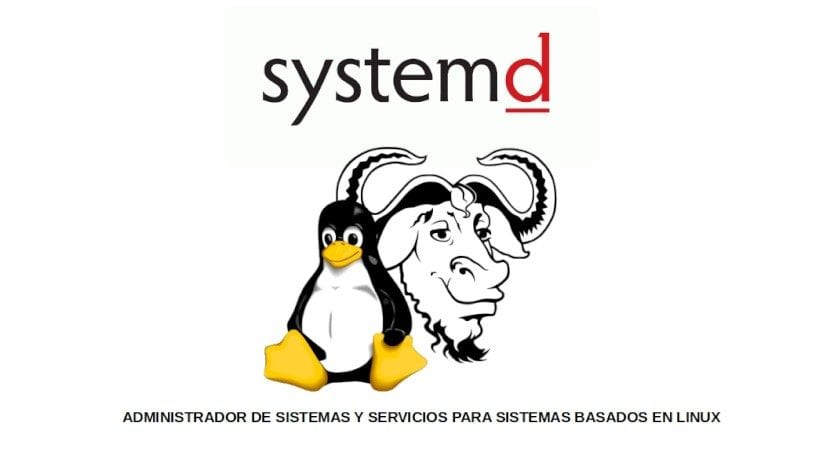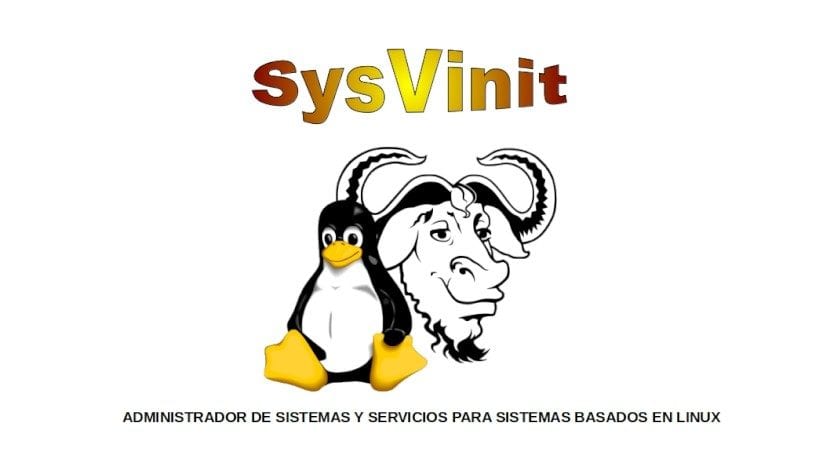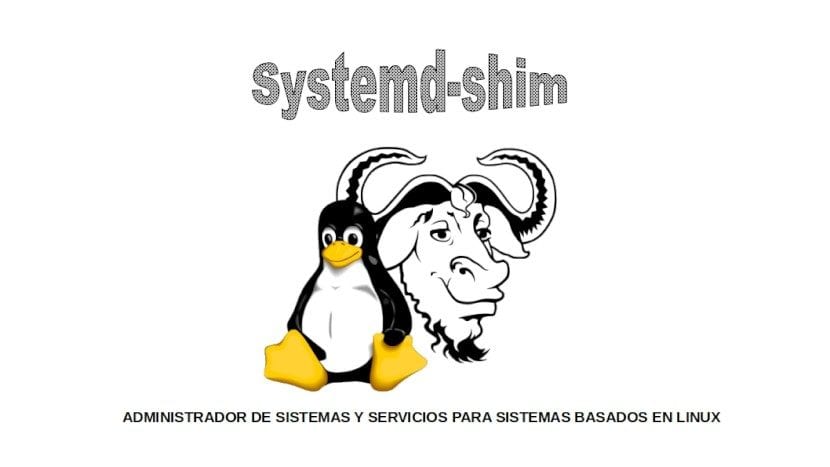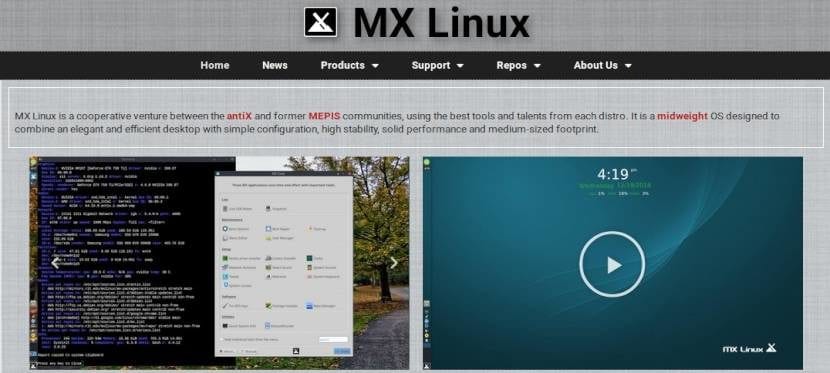
Systemd versus SysVinit. And Systemd-shim?
Systemd is currently the most widely used standard in terms of "Kernel Boot Systems" (Init) that can be achieved in Unix environments, such as Linux. It was created a couple of years ago by Lennart Poettering (mainly) next to Kay sievers (ex-Red Hat). Currently it has a LGPL 2.1 license (with exceptions licensed under GPL2). Though there are other alternatives, like the ancient and traditionalists SysVinit and Upstart, there are also new alternatives underway such as systemd-shim.
As well as being the most used, Systemd is also one of the controversial and sometimes hated by a significant portion of users, which tend to resist its complexity and excessive dominance or control over the functions of its Distros. For this reason, the old or modern alternatives are still booming in wide sectors of the GNU / Linux Community.

Currently Systemd as a Free Software project is hosted at GitHub and has enough documentation on the website of «freedesktop.org«. And despite the fact that in other times we have spoken extensively about Systemd on the blog, for example, in the post called «Demystifying SystemD« from the author "Usemoslinux"Today we hope to expand a little more by comparing aspects of the current alternatives.

What is Systemd?
Systemd is a Systems and Services Administrator for Linux-based Systems. But, more broadly, it can also be described as a set of basic building blocks for a Linux System, as it provides a «Systems and Services Administrator » which runs as a process (PID 1) and starts the rest of the system.
Systemd provides dynamic parallelization capabilities, uses "sockets" and "D-Bus activation" to start services. In addition, it offers "the beginning" at the request of daemons, it tracks processes using Linux control groups, manages mount points and automounts, and implements elaborate transactional dependency-based service control logical.
Finally, and notably, it can be added that Systemd is compatible with the SysV and LSB startup scripts and to this day has worked as a successful replacement for SysVinit on many GNU / Linux Distros., regardless of the valid criticisms or negative comments about it.
And it includes a registry daemon, utilities to control basic system settings such as hostname, date, locale, keep a list of logged in users and containers and running virtual machines, system accounts, directories and runtime settings and daemons to manage a simple network configuration, network time synchronization, forwarding registration and name resolution.
Among other things, for which it is classified as heavy, complex and possessive on the Distros where it is implemented, despite satisfactorily fulfilling its objectives for which it was created. So much so that the well-known Distro DEBIAN, the mother of many other GNU / Linux Distros, has been implementing it for some time, which has contributed to its massification.

What is SysVinit?
SysVinit is one of the oldest and current Administrators of systems and services for Systems based on Linux. It is still widely used on many of the GNU / Linux Distros of trajectories, and new ones, like Devuan.
From SysVinit as a program the following can be highlighted:
«It is the first process to run after the kernel is loaded and the one that spawns all other processes, it runs as an init daemon and usually has PID 1. It provides a standard process to control which programs init launches or stops on a certain level of performance ”. According to Ex-Debian.org Wiki
Unlike "Init" (Systems and services administrator initial of Unix systems), which started the services using a single script called "/ Etc / rc", SysVinit started using the directory schema in "/Etc/rc.d/" that contained the start / stop scripts of the different services.
And at the level of packages and functions SysVinit contains programs to control the start, execution and download of all other programs. These include: halt, init, killall5, last, lastb, mesg, pidof, poweroff, reboot, runlevel, shutdown, sulogin, telinit, utmpdump, and wall. Important information for those who wish to install and use SysVinit.
To this day, the fight between Systemd y SysVinit has been tough, and worthy of comparison to that of WhatsApp y Telegram. And while it is true that the venerable SysVinit has flaws or limitations (depending on the point of view of each person), which are probably solvable in some way, the supporters of Systemd often boldly assert that Systemd is currently the best of all System and service administrators initial Unix systems current.
From that fact, and from that struggle was born the «Init Freedom» (IF) Campaign designed to refute that argument. Start Freedom it seeks to restore a healthy approach to PID1, one that respects diversity and freedom of choice. In case you want more information, you can get it by visiting the following link: Campaign «Init Freedom» (IF), information such as the GNU / Linux distros that use alternatives to Systemd.

What is Systemd-shim?
Last but not least, we meet the wonderful alternative to Systemd-shim. Which according to the DEBIAN parcel page is a package that:
"Emulates the Systemd function that is required to run the systemd helpers without using the init service."
To understand what he is capable of "Systemd-shim" or how it works, it is good to see it in practice on the Distro that has benefited the most, that is, MX-Linux. Which according to its own creators has been that MX-Linux has as its unique feature:
“Offering the user the ability to choose between Systemd and SysVinit on installed systems. A magical combination made possible by a package called Systemd-shim. However, development on systemd-shim stopped some time ago, and DEBIAN recently removed the package from the Buster repositories. We understand that the current state of systemd-shim is not working properly with the version of Systemd in DEBIAN Buster, so we are exploring options for the future of MX. To that end, one thing we want to explore is the possibility of continuing development of systemd-shim (and any systemd patches that may be necessary for systemd-shim to work properly).
Systemd-shim has given such good results to MX-Linux, that apart from other excellent functionalities and advantages of said Distro, MX-Linux is first in Distrowatch and has future plans to continue using System-shim on the new version of MX-Linux 19 soon to be launched based on DEBIAN 10 (Buster).
I personally recommend MX-Linux 18.X with Systemd-shimas it is fast light and very functional. And in my particular case it allowed me to create my own Distro based on it, which I called: MilagrOS GNU / Linux.

Other alternatives?
In summary, including those mentioned, we have among the current alternatives of «System Administrators and Services for Systems »(init systems) for Linux a:
- openrc
- runite
- s6
- shepherd
- sinit
- systemd
- systemd-shim
- sysvinit

Conclusion
I hope this post is very useful for you, in terms of knowing a little more about each of the Init mentioned, and in turn it helps them to choose a GNU / Linux Distro with a certain «Systems and services administrator for Systems ». And por last, for those who are a little more inclined in favor of the use of Systemd, I recommend reading the following link: The great myths of Systemd.
systemd sucks !!!!!!!
Very good article! Thank you!
Of course, without wanting to detract, they lack a proofreader, because spelling errors spoil the article: "coarse" sectors (by vast sectors); which "a" contributed (by "has contributed"), and so on.
Thank you for reading the article and your comment. And we have already corrected the grammatical gag you observed. Greetings, dear reader!
I am currently a long time Arch user but I am tired of systemd nonsense and its back stories.
I love the Arch world so these days I am testing Artix with OpenRC on my personal computer and for the moment it is perfect, if I don't find anything strange I will leave Arch and move on to Artix.
Excellent! We hope you can migrate to that interesting Distro. Thanks for your comment.